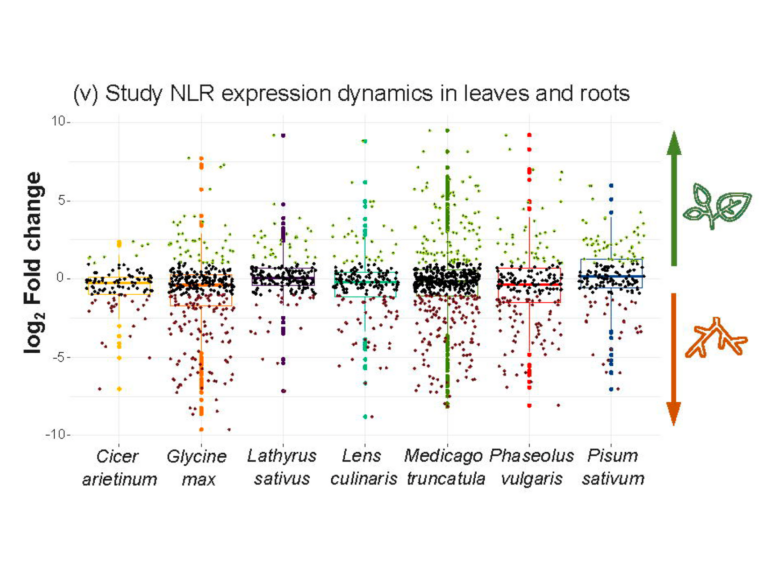Genetic manipulation of Indian mustard genotypes with WRR-gene(s) confers resistance against Albugo candida
Background: Brassica species is the second most important edible oilseed crop in India. Albugo candida (Pers.) Kuntze, a major oomycete disease of oilseed brassica causing white rust, leads to 60% yield loss globally. The prevalence of A. candida race 2 (Ac2V) that specifically infects B. juncea, coupled with limitations of conventional methods has resulted in a dearth of white rust resistance resources in cultivated varieties.
Methods and results: In an effort to develop resistant plants, Agrobacterium mediated genetic transformation of three B. juncea genotypes viz., susceptible host var. Varuna, along with its doubled haploid mutant lines C66 and C69 (showing moderate tolerance to field isolates of A. candida) was initiated to transfer resistance genes (WRR8Sf-2 and WRR9Hi-0) identified in Arabidopsis thaliana against race Ac2V, that encode for Toll-like/interleukin-1 receptor-nucleotide binding-leucine-rich repeat proteins that recognize effectors of the pathogen races.
Conclusions: Our results demonstrate that introduction of resistance genes from a tertiary gene pool by genetic transformation enhances disease resistance in B. juncea genotypes to a highly virulent Ac2V isolate.


